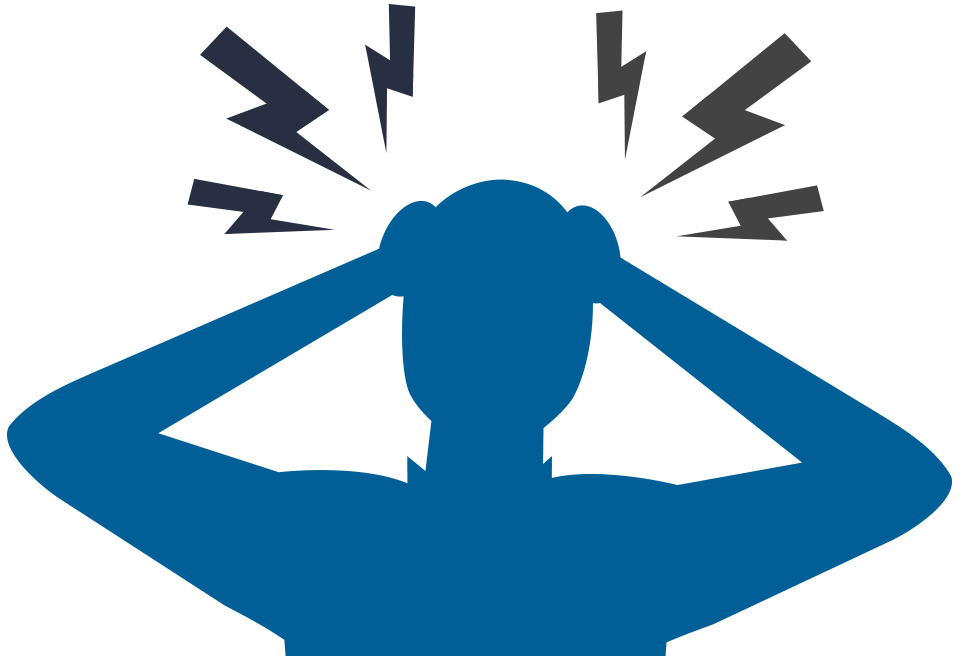You might not think you need counselling. Lots of people think that. Everything seems fine, after all. Why fix what isn’t broken, right? When there doesn’t seem to be an emergent issue, investing time and money might not feel crucial. Here are a few reasons you should think about it, even if it feels like everything is going just fine.
Counselling can help you become a better person and grow in new ways. It’s additional input that can spark your development both personally and professionally. In counselling, you can work on developing the traits and behaviors that you aspire to have.
Maintaining your mental health is important. You don’t drive around without changing your oil until your engine catches fire. It’s not a good idea to do that with your mental health either. Counselling can be a preventative measure against future challenges.
Ancestry kits are all the rage these days as people try to figure out where they are from. This is how you can look at it in a counselling context — to look at your family and history, and how that has shaped who you are.
Taking time to go over what went wrong and how you can do things better in the future is like going over the replay tape with your coach after a big game. Taking stock of past experiences can position you even better for future relationships.
We’ve all got habits that can be hard to break – whether it’s quitting smoking, wanting to practice better portion control to lose weight or finally sticking to a gym schedule, counselling can help you get to the root of your resistance and conquer it.
Sometimes you’ve been living with the impacts of past trauma or issues so long that they become normal. It doesn’t seem like you need counselling because you can’t imagine things improving and you’re settling for less peace than you could have.
If you’ve never talked to someone before about your mental health, it might be a valuable experience you just haven’t tried yet. You won’t know until you do, so what have you got to lose?
You might have had negative or neutral experiences in the past, but with a superior counsellor match, methodology or delivery system (like online counselling instead of in-person counselling) you might find it works better than the last time you gave counselling a try.
You deserve to feel better, live better and find peace and happiness. You are worthy of support and investing in yourself. Just because you aren’t in a crisis doesn’t mean you aren’t worthy of getting help. Discomfort isn’t a competition and you don’t need to score high on the bell curve to get support.
Even if you think you don’t need counselling, it can be really helpful. We would be pleased to support you in your journey to improve your mental health and wellness. Whether you’re looking for personal development, prevention, understanding where you came from, breaking old relationship patterns, ditching bad habits, creating a new normal, trying something new, or investing in yourself, we have a therapist who can help.

Whatever your circumstances, counselling can provide a supportive environment to enable you to make the changes you want. Counselling can be helpful at particular times in your life such as:

Family counselling provides a meeting point for couples in a non-blaming setting. Each Partner in the relationship is respected and accepted. Each couples relationship is unique and already contains within it the seeds of the solution to any difficulties that might occur. Couples counselling is about helping the couple to uncover, nurture and nourish these seeds. People come to couples counselling for a variety of reasons, including:
Communication
Premarital counselling is a type of therapy that helps couples prepare for marriage. Premarital counseling can help ensure that you and your partner have a strong, healthy relationship — giving you a better chance for a stable and satisfying marriage. This kind of counseling can also help you identify weaknesses that could become problems during marriage.

Listening both or single and assessing the relationship, assessing the trust, love, communication and sharing between a couple with the help of therapeutic Talk & Problem-solving techniques.

Anxiety disorders are characterized by a general
feature of excessive fear (i.e. emotional response to perceived or real threat) and/or anxiety (i.e.
worrying about a future threat) and can have negative behavioral and emotional consequences.
The purpose of online counselling and therapy for anxiety attacks and anxiety disorders is not only to
help you overcome your state of prolonged fear but also become capable of expressing yourself in front
of others.
We understand that it is sometimes natural to feel anxious in certain situations, but let
us tell you how to redirect your feelings of worry into calmness that serves as a pathway to achieve
success and happiness in your life.

Depression is a word that is widely used but less
understood. It is often confused with sadness, anxiety, phobia or stress.
Sadness, feeling down, having a loss of interest or pleasure in daily activities – these are symptoms
familiar to all of us. But, if they persist and affect our life substantially, it may be depression.
Depression is a mood disorder characterized by persistently low mood and a feeling of sadness and loss
of interest. It is a persistent problem, not a passing one, lasting on average 6 to 8 months.
The causes of depression are not fully understood and may not be down to a single source. Depression is
likely to be due to a complex combination of factors that include :
• Abuse
Physical, sexual, or emotional abuse can make you more vulnerable to depression later in life..
• Ages
People who are elderly are at higher risk of depression. That can be made worse by other factors, such as living alone and having a lack of social support.
• Certain medications
Some drugs, such as isotretinoin (used to treat acne), the antiviral drug interferon-alpha, and corticosteroids, can increase your risk of depression.
• Conflict
Depression in someone who has the biological vulnerability to it may result from personal conflicts or disputes with family members or friends.
• Death or a loss
Sadness or grief after the death or loss of a loved one, though natural, can increase the risk of depression.
• Gender
Women are about twice as likely as men to become depressed. No one's sure why. The hormonal changes that women go through at different times of their lives may play a role.
• Genes
A family history of depression may increase the risk. It's thought that depression is a complex trait, meaning there are probably many different genes that each exert small effects, rather than a single gene that contributes to disease risk. The genetics of depression, like most psychiatric disorders, are not as simple or straightforward as in purely genetic diseases such as Huntington's chorea or cystic fibrosis.
• Major events
Even good events such as starting a new job, graduating, or getting married can lead to depression. So can moving, losing a job or income, getting divorced, or retiring. However, the syndrome of clinical depression is never just a "normal" response to stressful life events.
• Other personal problems
Problems such as social isolation due to other mental illnesses or being cast out of a family or social group can contribute to the risk of developing clinical depression.
• Serious illnesses
Sometimes, depression happens along with a major illness or may be triggered by another medical condition.
• Substance misuse
Nearly 30% of people with substance misuse problems also have major or clinical depression. Even if drugs or alcohol temporarily make you feel better, they ultimately will aggravate depression.

Counselling is a safe place for teens to explore their thoughts, feelings and concerns without being judged. Pranaah Psychological Counselling Centre also works closely with schools and youth groups. The Psychologist can work in a variety of ways to help you express yourself. You will work together with your Psychologist to find what suits you. Young people come for counselling for many reasons; For example, difficulties with:
Child counselling aims to help children cope better with their emotions, understand problems, develop necessary coping skills and make positive choices. During counselling children are encouraged to explore and express their feelings through one of many media depending on the child’s individual preference e.g. talking, artwork, telling stories, drama or play.

It refers to a process. It can help people identify stressors. People learn steps to help them stay calm in anger management. They may then handle tense situations in a constructive, positive way. The purpose of anger management is to help a person decrease anger. It reduces the emotional and physical arousal that anger can cause. It is generally impossible to avoid all people and settings that incite anger. But a person may learn to control reactions and respond in a socially appropriate manner. The support of a mental health professional may be helpful in this process.
Online counselling is a great way to get the professional help of a therapist to work on your difficulties, even when you physically cannot be present for a one-on-one counselling session. Online Counselling can address a range of emotional and interpersonal issues, just like regular psychotherapy. Some of them are enlisted here to help you:
Career counselling is a process in which individuals are guided to understand more about their abilities, skills, and patience. The career counsellor helps you to make the right job choice and excel in the future.
It is suggested to take career counselling when you are clueless about your goals, and you don't understand what you want to accomplish. You can also take a career guide while applying for higher education.
Career counselling helps an individual to understand more about their choices and how they can pursue it. A career counselor points out your strengths and weaknesses and shows you the direction accordingly.
Yes, definitely! If you are confused about your career and future, then taking the help of a career counselor will benefit you with the right advice.